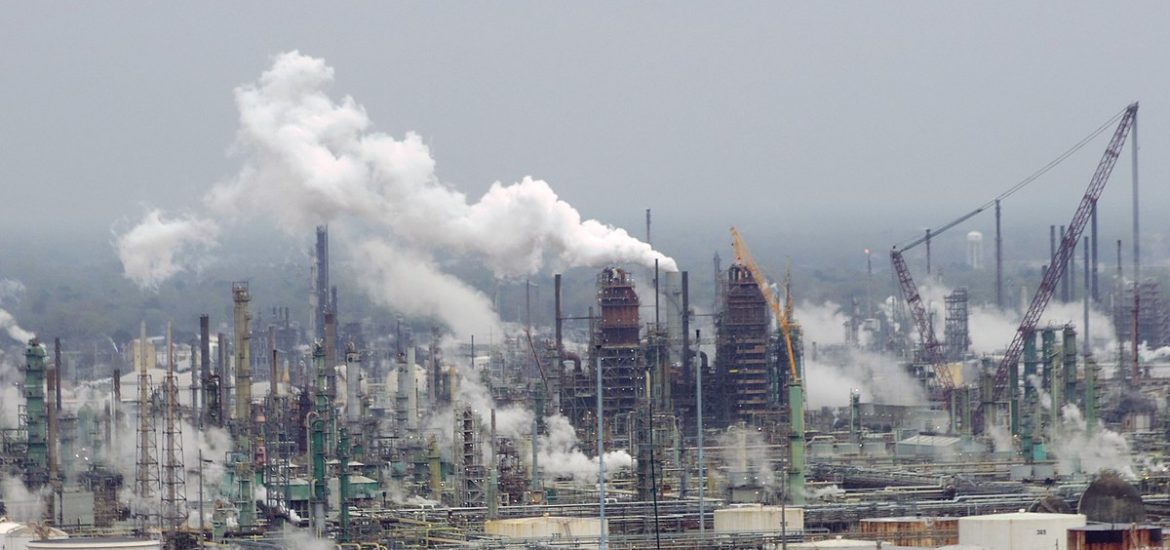
Oil prices have fallen as record crude production by the world’s three largest producers offset supply worries about US sanctions next week targeting Iran’s oil and gas exports.
Russia, the US and Saudi Arabia met more than a third of the world’s almost 100 million bpd of crude-oil consumption last month.
There was also speculation that US sanctions on Iran might not be watertight.
“Oil fell to the lowest levels in more than six months on reports that the US may not go that hard on sanctions on Iran oil exports as they kick in on November 4,” UOB reported.
Brent crude, the international benchmark for oil prices, was at US$72.86 per barrel today (Friday), down 3 cents from their last close.
The 15-member Opec (Organisation of the Petroleum Exporting Countries) boosted oil production in October to the highest level since 2016 at 33.3 million barrels per day (bpd), Reuters reported.
It marks a 390,000 bpd increase from September and the highest output by Opec since December 2016, before the cartel started to voluntarily withhold supply in January last year to boost prices.
“Year-on-year growth in US crude oil production has averaged almost 1.5 million barrels per day in the first eight months of the year… with output from many key producing regions reaching new all-time highs,” Barclays Bank reported.
Russian oil production has also risen to a post-Soviet record of 11.41 million bpd in October, up from 11.36 million bpd the preceding month.
Saudi Arabia was reportedly producing 10.65 million bpd in October, meaning the combined output from the top three oil producers reached a record 33.41 million bpd.
But concerns remain about Donald Trump’s Iran sanctions.
Platts Analytics estimates China and India will each import at least 300,000 bpd of Iranian crude this month, compared with April-May volumes averaging 690,000 bpd for India and 684,000 bpd for China.
Clayton Allen of Height Securities said Iran’s biggest oil customers, which are all in Asia, were seeking waivers to US-imposed sanctions.
“Thus far, potential waivers appear targeted at India and South Korea, and they require some reductions over current import volumes while still allowing oil to flow,” Allen said.
“We think Trump will agree to China importing some volumes, similar to the treatment that India and South Korea receive.”
Japan is also hoping to obtain a waiver from Washington.
“The US may use waivers to slow-walk implementation, but these will not apply indefinitely,” Allen added.
Baton Rouge. US oil output has been rising. Picture credit: Wikimedia





